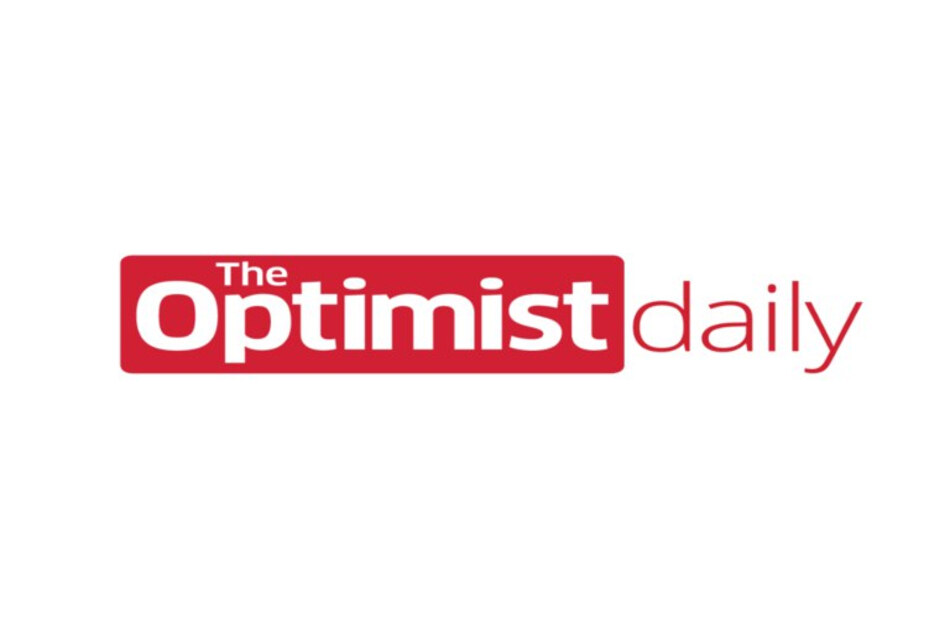In April 2020, we wrote about Amsterdam’s decision to implement a new economic model that seeks to meet the core needs of all humanity within the means of the planet. Now, a forum dedicated to advancing the adoption of this concept across the world was launched in Israel last week.
The concept we’re talking about is called Doughnut Economics and was developed by Oxford University economist Kate Raworth, who detailed the model in her 2014 book “Doughnut Economics: Seven Ways to Think Like a 21st-Century Economist.”
How does Doughnut Economics work?
Raworth’s economic model works as follows: The inner ring of the Doughnut sets out the bare minimum we need to lead a good life. This ranges from food and clean water to a certain level of housing, education, healthcare, gender equality, income, and political voice. Anyone not attaining such minimum standards is living in the Doughnut’s hole.
The outer ring of the Doughnut represents the “ecological overshoot,” beyond which humankind should not go to avoid damaging the climate, soils, oceans, freshwater supply, and abundant biodiversity.
Advancing Doughnut Economics
In a bid to expand this model of economic thinking across the world, two young Israelis, Merav Cohen and Zohar Ianovici, teamed up with the Heschel Center for Sustainability to hold the community’s first meeting on Zoom.
Ianovici came across the model when he moved to Amsterdam during the pandemic. Both the city of Amsterdam and Brussels are currently using the Doughnut as a tool for guiding the post-coronavirus recovery and their transition towards a more sustainable economy.
The team aims to not only raise awareness about the concept but also to convince Tel Aviv-Jaffa Municipality to run a pilot program incorporating Doughnut’s principles. “We’re launching an Israeli community that dares to think of a different kind of economy,” Cohen said.
The Doughnut’s economic principles were derived from the UN’s sustainable development goals (SDGs) and agreed upon by world leaders of every political stripe.











